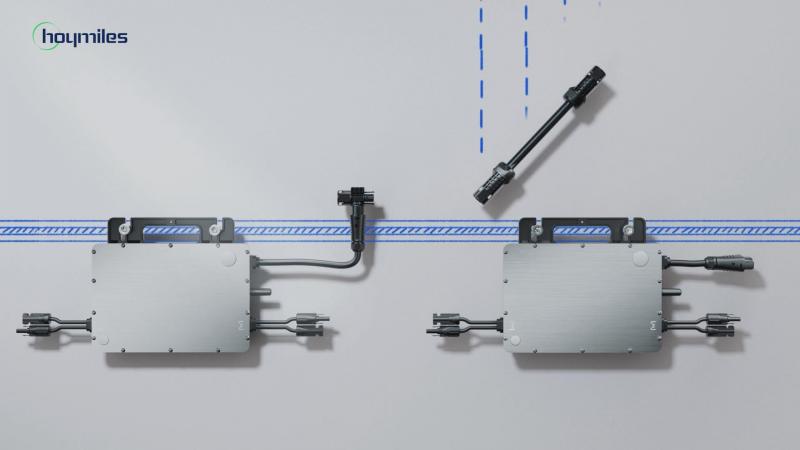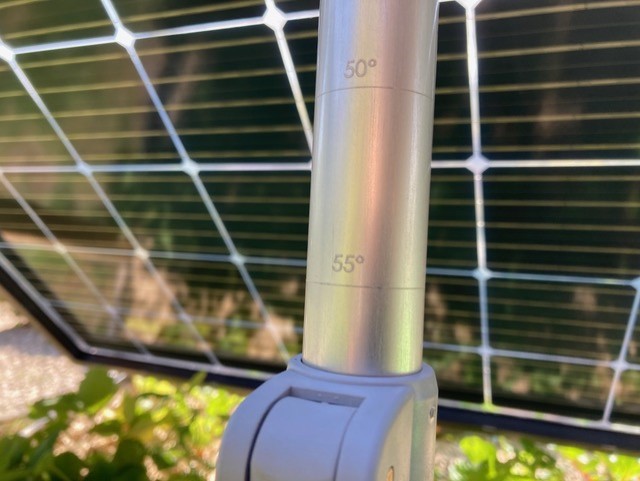 Trial marks the first time a UK solar farm has provided a reactive power balancing service to the electricity grid at night, developer claims
Trial marks the first time a UK solar farm has provided a reactive power balancing service to the electricity grid at night, developer claims
Could solar farms help provide UK homes and businesses with extra power even after the sun sets?
Lightsource BP certainly believes so, after yesterday announcing the results of a breakthrough trial showing solar could play a crucial role in balancing the energy grid at night, while also helping to cut consumer energy bills.
The UK-based solar developer - which boasts oil giant BP is a major investor - claims to have undertaken a successful trial earlier this month at one of its solar plants in East Sussex, which saw the facility provide a "reactive power" support service to help balance the flow of energy on the grid night.
The results of the trial prove solar farms can play a pivotal role in the energy system even when the sun is not shining, according to the company.
And, if used more widely, Lightsource BP claims the technology has the potential to save bill payers over £400m by 2050 while providing up to 4GW of additional power capacity in South East England.
"With electricity demand increasing so rapidly we have to be in a constant state of evolution in order to solve the problems of the future," said Kareen Boutonnat, Lightsource BP CEO. "Right now, we have proven that solar plants can play a larger role across the electricity network - even at night. However, it is only the beginning and as our team continue to develop and support this project, we will remain focused on pushing the boundaries and forging partnerships to remain a leading innovator across our sector."
The trial follows three years of testing and development in collaboration with National Grid and UK Power Networks, and forms part of a project that aims to create a new reactive power market for distributed energy resources in the south east of England.
Reactive power, Lightsource BP explained, refers to the ability to maintain voltage levels on electricity transmissions systems in order to allow more energy to be transported down existing infrastructure. It said the approach could increase power capacity without the need for upgrades, thereby potentially minimising the need for costly investments in new infrastructure.
Inverters within a solar plant are able to provide reactive power by reducing or increasing voltage levels, enabling solar farms to deliver the voltage change necessary at the grid supply point, which is managed by National Grid's Electricity System Operator (ESO), according to the firm.
Lightsource BP claims that, following the successful trial on 5 November, it is the first in the UK to provide reactive power services from a solar plant at night.
Project lead at National Grid ESO, Dr Biljana Stojkovska, said now the first trial had taken place she looked forward to seeing the project progress, potentially opening further opportunities to cut costs for energy consumers.
"As we move towards our 2025 ambition of being able to operate the GB electricity system carbon free we are seeing more renewable generation come online - such as wind and solar - which in turn requires finding new ways of managing system characteristics like voltage," she explained. "This innovative trial, which forms part of our Power Potential project, is an exciting first step."







